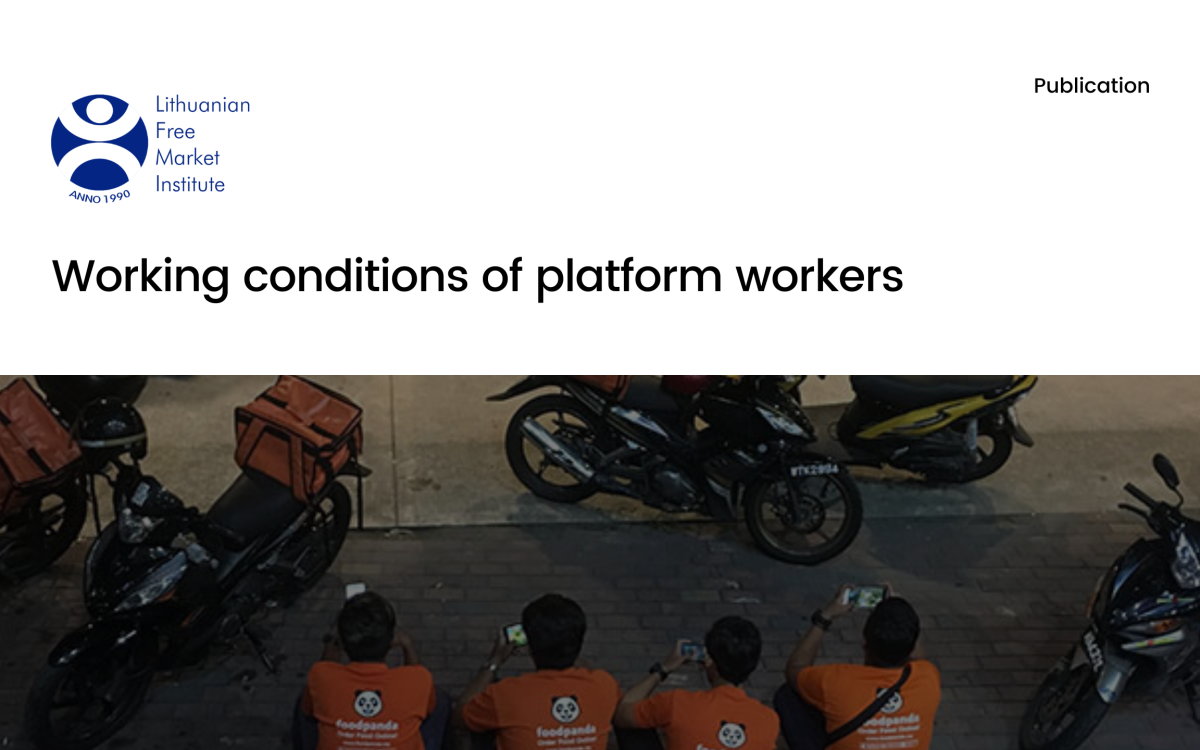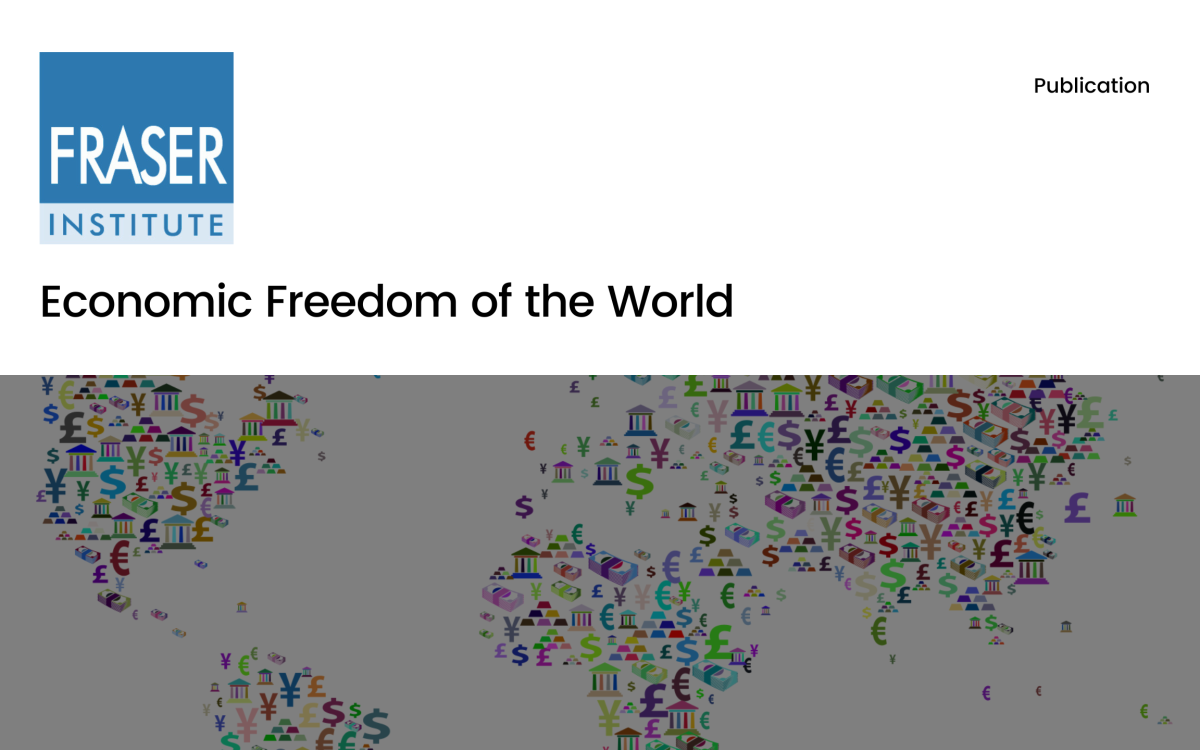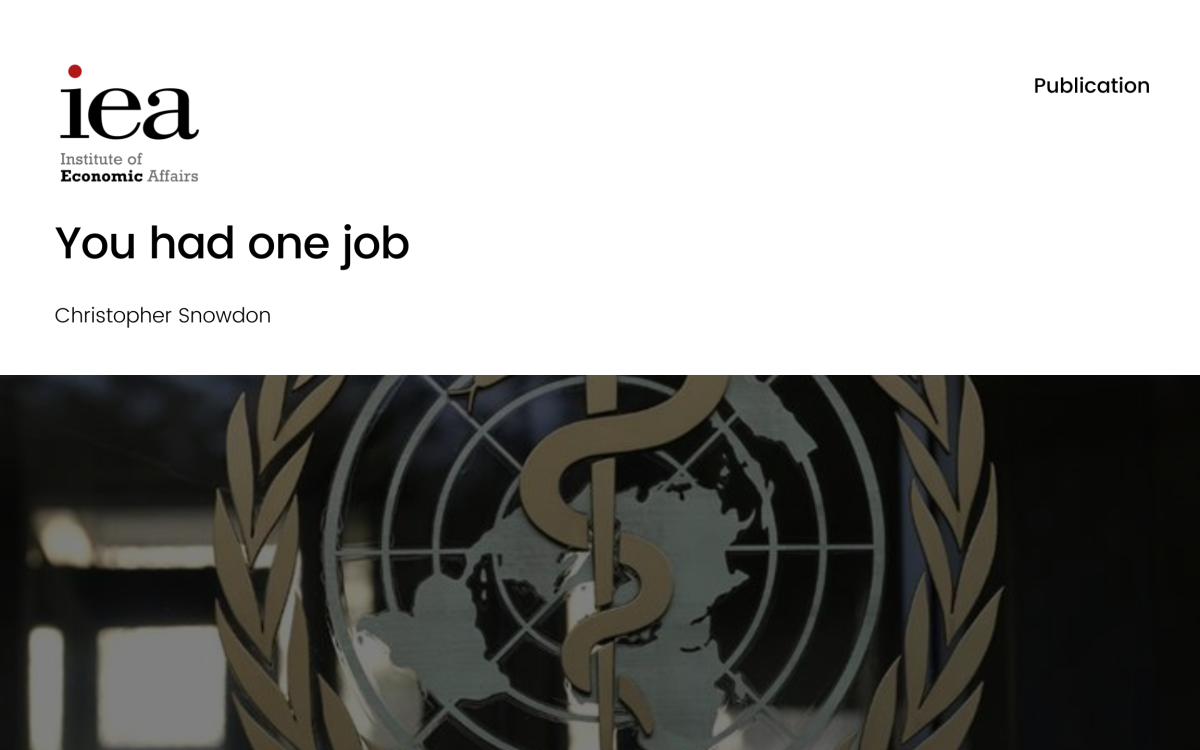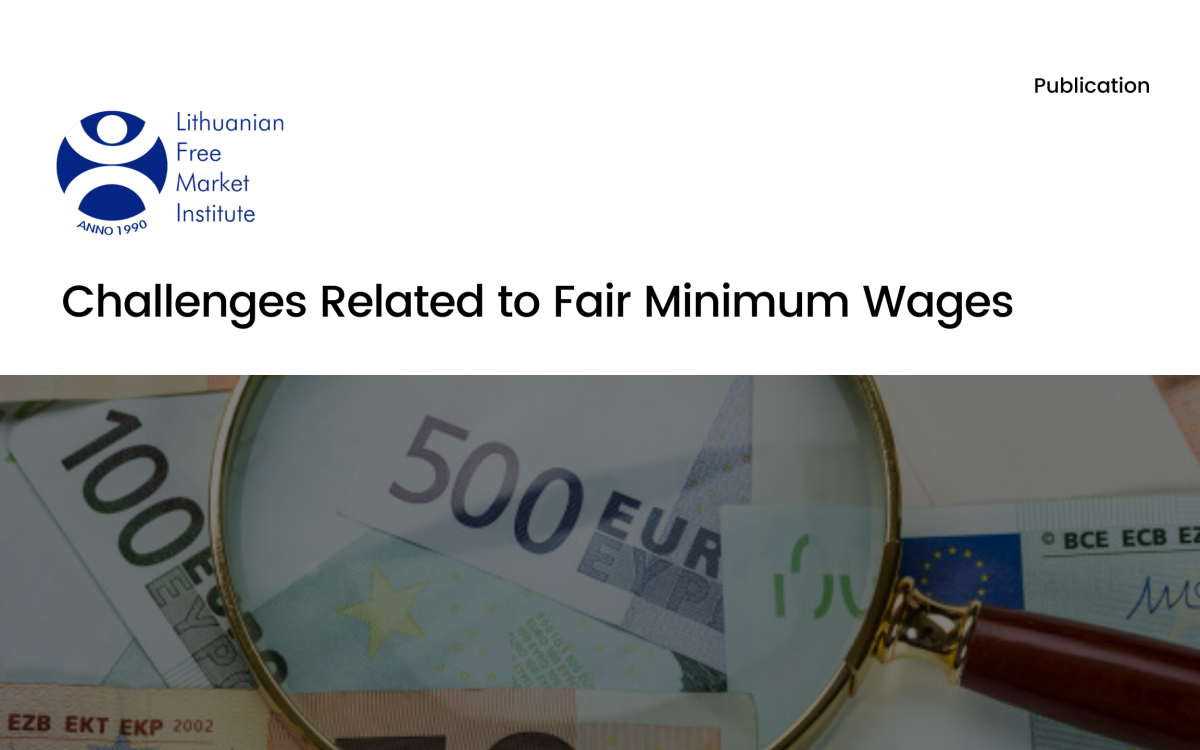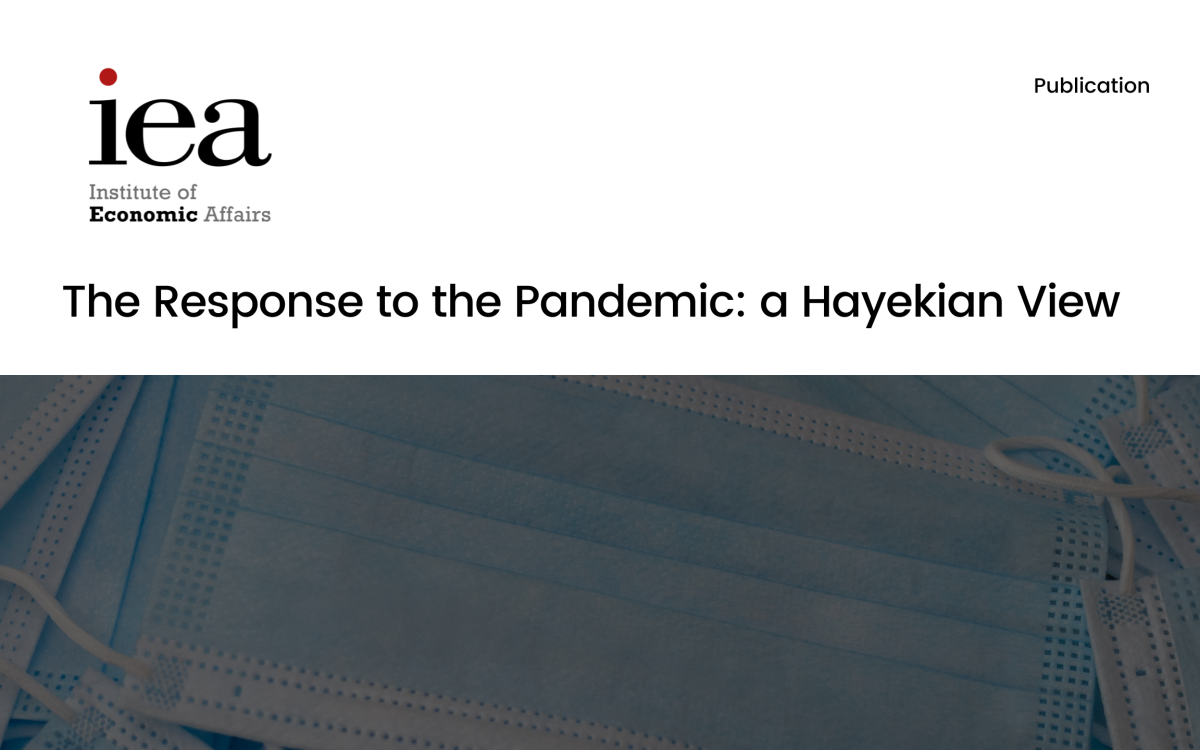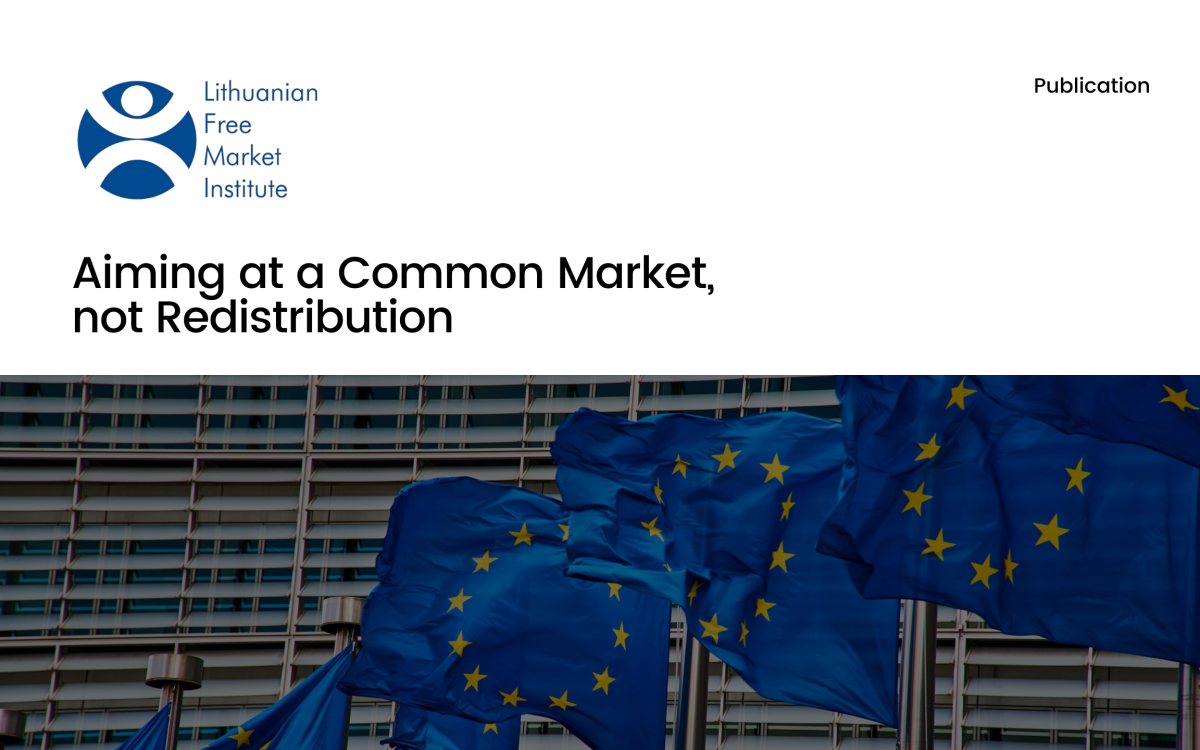October 6, 2020
The European Commission has published a study on working conditions of platform workers. The report identifies key challenges related to platform work, such as employment status, autonomy, and information available to the workers about their working conditions, non-discrimination and dispute resolution.
